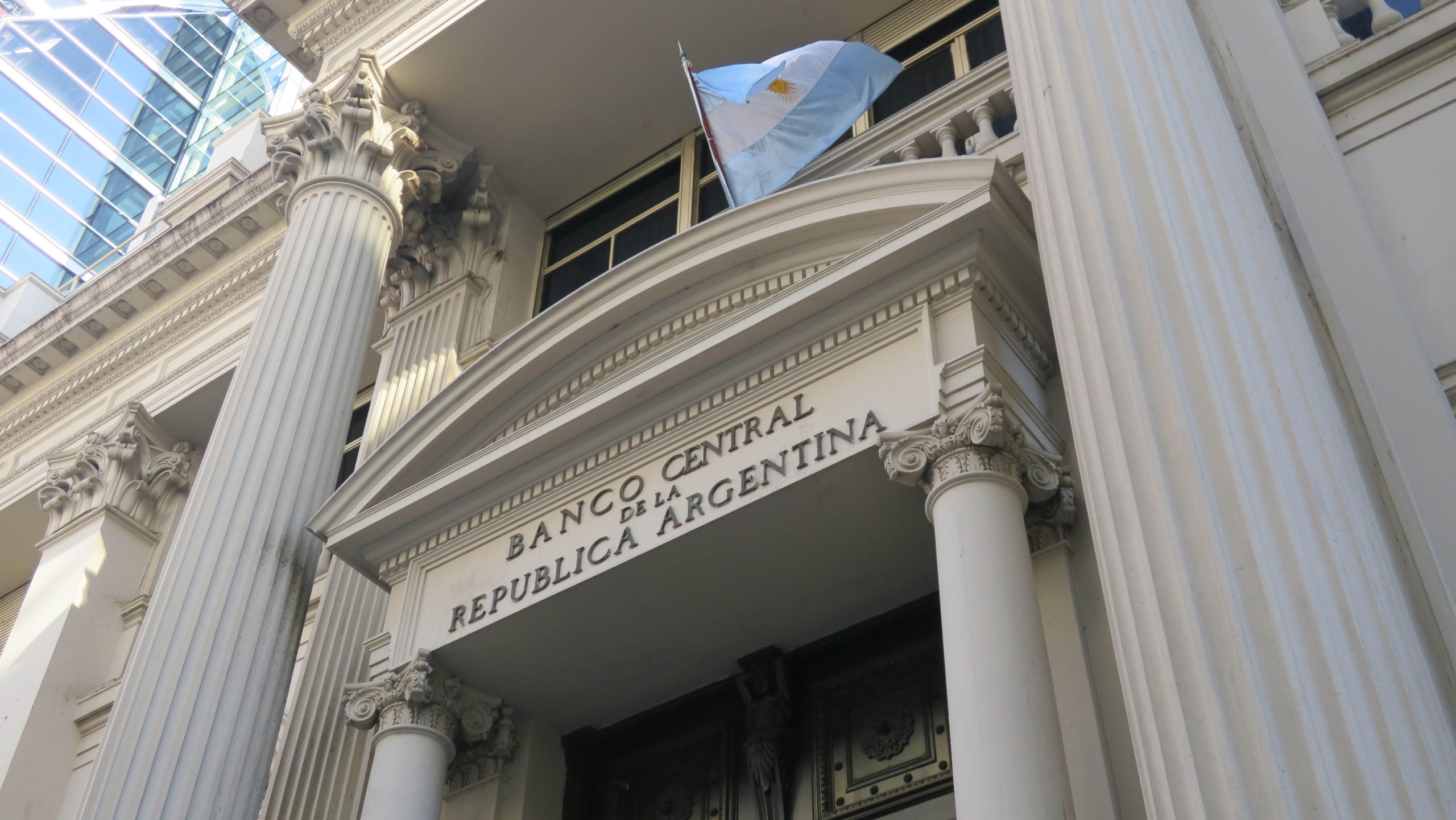The Central Bank of Argentina is preparing to update its financial system thanks to a new project, which will allow the entity to optimize its platform and provide greater convenience and security to its clients and users.
In a release The Central Bank of the Republic of Argentina (BCRA) announced that it will update its products and services to promote the construction of a “digital ecosystem of open and universal payments that is capable of replacing cash efficiently and safely.” According to the central entity, the project called “Transferencias 3.0” will be available starting on December 7, and will promote the usefulness of digital payments, as well as foster financial inclusion in the country, which is currently going through difficult times in economic, financial and exchange matters.
The decline or decrease in the levels of cash circulating in the country is driving the entity to take new measures to modernize its financial system and get rid of fiat money. The central entity points out that it will integrate digital payments to the nation, where the real key point is the integration of interoperable QR codes with any wallet, which will facilitate the realization of transactions while reducing costs and processing time.
“These measures are part of our management objectives, which aim to find ways to facilitate payments for individuals and businesses.”, declared the president of the Central Bank of the Republic of Argentina, Miguel Ángel Pesce.
It may interest you: Extrimian, the new Argentine company for enterprise blockchain services
Potentials of the new BCRA system
The features that the new BCRA “Transfers 3.0” system will integrate promote the creation of an open payment ecosystem with integrated systems that facilitate the use and universal access to bank and payment accounts for any user. The bank's new project has features that make it interoperable, fast, economical, competitive and flexible. As indicated in the press release, Transfers 3.0 will create the Standardized Payment Interface (SPI), with an open architecture, which will allow all bank accounts and digital wallets to interoperate through QR codes. With this innovation, all banks, digital wallets, and other players in the financial sector will have to interconnect and communicate with each other and with service providers to carry out their transactions, reducing transfer costs.
On the other hand, Transferencias 3.0 also allows for reducing the confirmation time per transaction, making it possible for merchants to receive accreditation for payments and transactions automatically and with “irrevocable character.” The integration of these functionalities makes the services that the BCRA will offer from December competitive compared to the services offered by other companies in the sector. According to the entity's statement, the commission rates for merchants will have a cap of 8 per thousand.
Likewise, Transferencias 3.0 will allow businesses, customers and other users to operate with debit cards directly through bank transfers, in addition to QR codes, DNI (national identity document), payment requests and biometrics, such as fingerprints.
A transformation to the traditional financial system in the republic
The Argentine Fintech Chamber was quite satisfied with the announcement by the Central Bank, which will integrate new regulations to harmonize the country's legislation with electronic payments and digital transfers between people, companies and other participants. As reported by the entity, starting with the implementation of its new project, planned to start progressively on December 7 of this year, the regulation of the Republic of Argentina will be harmonized in relation to electronic transfers of funds, admitting any use case, whether from person to person, person to company, company to company, among others. The BCRA assures that "Transfers 3.0" will promote the creation of competitive conditions to face services offered by operators such as Coelsa, Interbanking, Link and Prisma.
The entity also plans to establish a messaging service in the second phase of this project so that users can receive confirmations about their transfers and effectively monitor the guarantees in their operations, all in compliance with the ISO 20022 standard.
Pesce, the president of the entity, said that achieving inclusive and sustainable development is part of its agenda starting this year, and that the “Transfers 3.0” project marks a milestone in terms of regulation in the country, which promotes greater financial inclusion through the scope offered by technological advances.
“This new regulation guarantees efficiency, security and expands the use of financial services in our country.”
With the new project adopted by the BCRA, the Republic of Argentina will have a more modern, agile and advanced payment system, promoting multiple benefits for those sectors that do not yet use financial services in the country.
Continue reading: 100 Italian banks use Spunta, R3's new blockchain




